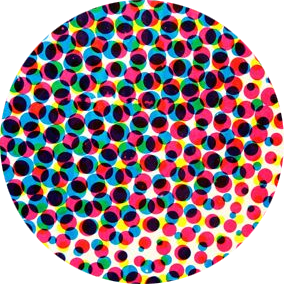The Thorny Question of Comics Authorship

The Governor General’s Award is widely considered the highest honor in Canadian Literature. Though “Skim” was the first graphic novel to be nominated for this distinction, the committee’s choice to credit Mariko Tamaki as sole author foregrounds a huge problem in comics.

Weeks after the nomination was revealed, Chester Brown and Seth (highly accomplished Canadian graphic novelists) published an open letter that condemned the decision to leave artist Jillian Tamaki off the ballot. They write:



As her interviewer, Drew Nelles, notes, Jillian “is everywhere in Skim, in every pained adolescent expression & looming empty space. Her contribution escaped the Canada Council for the Arts, unaccustomed as it was to a foreign format. But her presence stays with the reader.”

Like cinema, comics are a collaborative medium. Unlike cinema, comics do not (typically) have directors, and centring accreditation on the author is a problem. Often, the writer is functionally the director of a comic. Often, however, they are not.

Nor is this simply a question of vanity. Consider the legal battles & media wars around the “authorship” (and therefore – to some degree – proprietary rights) of Disney’s multi-billion-dollar Marvel comics properties. The stakes on this issue can be ludicrously high.

Further questions arising from these debates include: which other collaborators get credit (inkers, colorists, letterers etc)?; how do comics get cited in academic papers?; how much input is required to constitute ‘plotting’ or even “co-illustrating” through script notes?

Jillian’s tremendous contribution to “Skim” is obvious enough that it shouldn’t merit debate. Yet The council made the same mistake in 2014 as well, crediting Mariko alone for “This One Summer,” while awarding “Children’s Illustration” to Jillian for that same comic.

As extreme as Jillian’s case was/is, there are many even subtler instances out there to be engaged with, all pointing to a simple broader point: our literary infrastructure just isn’t built to approach comics and we should fix that.
This thread has a video version! Watch here or on YouTube.
